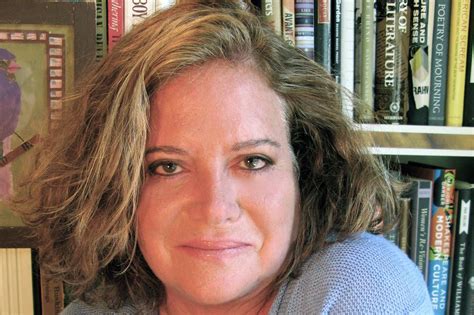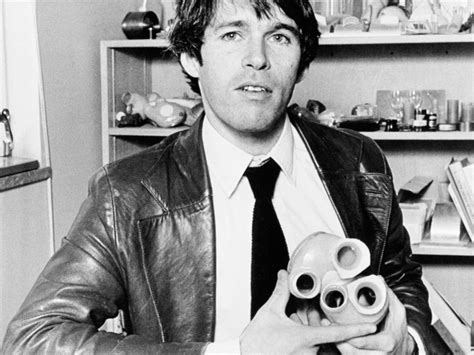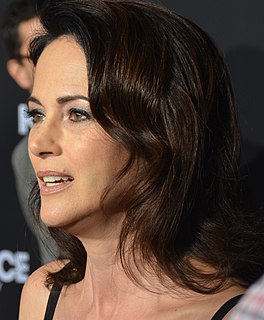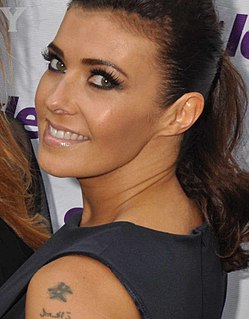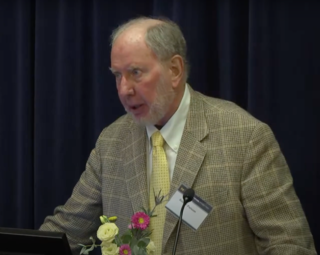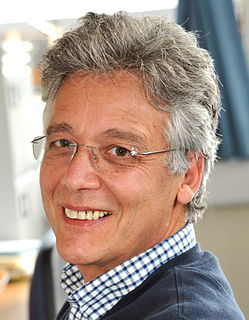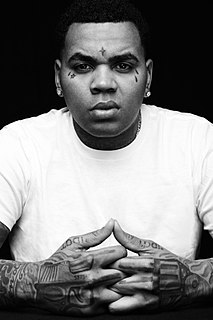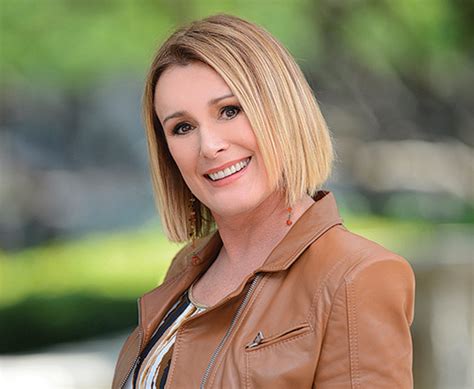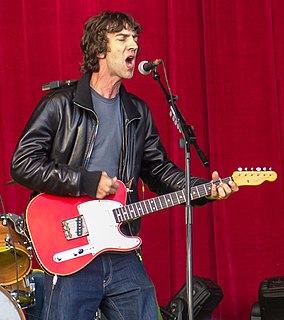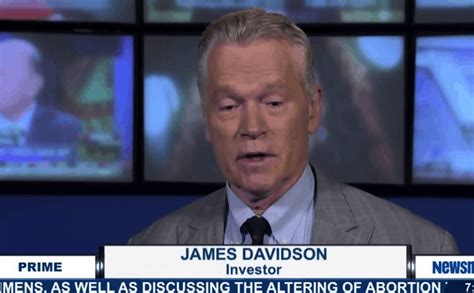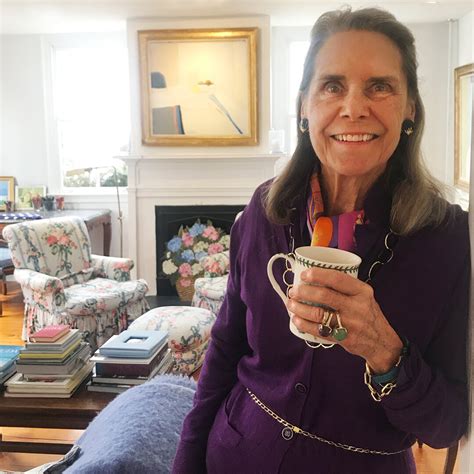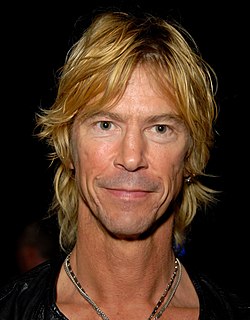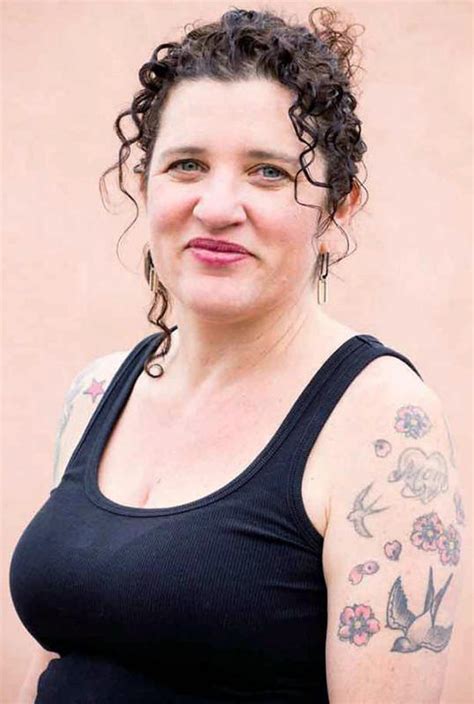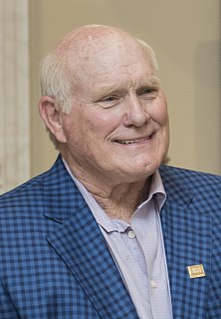Top 1200 Clinical Depression Quotes & Sayings
Explore popular Clinical Depression quotes.
Last updated on April 14, 2025.
I have battled clinical depression and have come out of the other side. I've been free of it for many years now. Finding the place in my own mind and heart to win that battle without using medication, finding the place within myself where I could be alive again, that was one of the biggest challenges I've faced.
However much in the foreground depression feels, you are separate to it. This is going to sound cheesy, but I'd say you are the sky. A cloud comes and dominates the sky. But the sky is still the sky. Depression tells you everything is going to get worse, but that's a symptom. Don't give depression power - constantly discredit it.
This is the hallmark of a robust biological system: political parties can perish in a tragic accident and the society will still run, sometimes with little more than a hiccup to the system. It may be that for every strange clinical case in which brain damage leads to a bizarre change in behavior or perception, there are hundreds of cases in which parts of the brain are damaged with no detectable clinical sign.
There are many misconceptions about depression-mostly negative. Unfortunately, because depressed people think negatively about depression and its treatment, they don't get help, which allows the depression to worsen, which leads to more negative thinking, which produces a vicious cycle of suffering.
School performance, public health, crime rates, clinical depression, tax compliance, philanthropy, race relations, community development, census returns, teen suicide, economic productivity, campaign finance, even simple human happiness - all are demonstrably affected by how (and whether) we connect with our family and friends and neighbours and co-workers.
This story ["The Depressed Person"] was the most painful thing I ever wrote. It's about narcissism, which is a part of depression. The character has traits of myself. I really lost friends while writing on that story, I became ugly and unhappy and just yelled at people. The cruel thing with depression is that it's such a self-centered illness - Dostoevsky shows that pretty good in his "Notes from Underground". The depression is painful, you're sapped/consumed by yourself; the worse the depression, the more you just think about yourself and the stranger and repellent you appear to others.
In the end, I do not think we will find the neat boundary between 'normal sadness' and 'clinical depression,' if only because mood is an innate human characteristic, like weight or the length of our hair. However, to reject the very notion of depression as an illness on account of these difficulties is throwing the baby out with the bath water.
Well, you know, there's depression and depression. What I mean by depression in my own case is that depression isn't just the blues. It's not just like I have a hangover in the weekend ... the girl didn't show up or something like that. It isn't that. It's not really depression, it's a kind of mental violence which stops you from functioning properly from one moment to the next. You lose something somewhere and suddenly you're gripped by a kind of angst of the heart and of the spirit.
Depression is a serious problem, but drugs are not the answer. In the long run, psychotherapy is both cheaper and more effective, even for very serious levels of depression. Physical exercise and self-help books based on CBT can also be useful, either alone or in combination with therapy. Reducing social and economic inequality would also reduce the incidence of depression.
When I was hospitalized in 1992 with severe clinical depression I thought I was the only one. I didn't know of one other Christian struggling with any form of mental illness. What I didn't know then was that there are thousands and thousands of men and women who love God yet are struggling alone, in silence, full of shame. This has to end. It's time to shine the brightest light into the darkest corners of the church
Depression is not caused by a chemical imbalance in the brain, and it is not cured by medication. Depression may not even be an illness at all. Often, it can be a normal reaction to abnormal situations. Poverty, unemployment, and the loss of loved ones can make people depressed, and these social and situational causes of depression cannot be changed by drugs.
Depression, when it's clinical, is not a metaphor. It runs in families, and it's known to respond to medication and to counseling. However truly you believe there's a sickness to existence that can never be cured, if you're depressed you will sooner or later surrender and say: I just don't want to feel bad anymore. The shift from depressive realism to tragic realism, from being immobilized by darkness to being sustained by it, thus strangely seems to require believing in the possibility of a cure.
That's the thing I want to make clear about depression: It's got nothing at all to do with life. In the course of life, there is sadness and pain and sorrow, all of which, in their right time and season, are normal-unpleasant, but normal. Depression is an altogether different zone because it involves a complete absence: absence of affect, absence of feeling, absence of response, absence of interest. The pain you feel in the course of a major clinical depression is an attempt on nature's part (nature, after all, abhors a vacuum) to fill up the empty space.
Manic depression is a type of depression, technically, and it's the opposite of uni-polar. Manic depression is also called bi-polar disorder. Some people don't like to call it that because they think it makes it sound too nice, when the reality is if you have manic-depression you have manic-depression.
I've found is that by doing stand-up, I've actually learned how to combat depression. I don't have clinical, but I've definitely had my bouts with it. I just figured out that it's a choice. You're in control of your brain. When your brain is sending you bad information or bad thoughts, you can decide to go to the gym, or write a new joke - or if you're on the road, go to a ball game... something that's going to get the blood going. Or you can let those thoughts take you right down the rabbit hole.
I didn't know I was depressed until years later. Actually, I went to the Minirth-Meier Clinic for ADD. I got tested for ADD. So, that's nice. It's nice to know you got ADD. So, that puts you on medication. Did that for years. Then got tested for clinical depression. So, finally when they tell you this, you go, 'ahhh, this is great.' So, now this explains events in your life and how you handle them. But our society frowns on it and they don't want their heroes to have these issues, but unfortunately I do.
